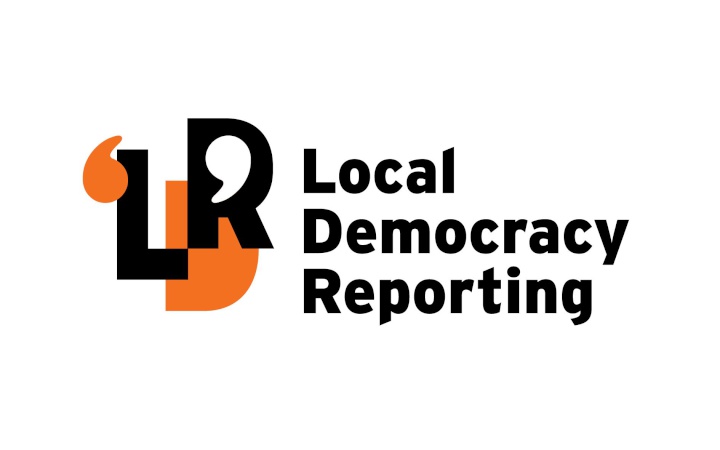Following devastating storms in 2023, a rural south Auckland community has now shifted focus to being better prepared for future bad weather.
Storms in early 2023 caused widespread disruption in Tāmaki Makaurau, leaving many homes and businesses in distress.
Awhitu, a rural and remote peninsula in the Franklin district, was not spared, with severe damage to their infrastructure, homes and businesses.
The community banded together and helped each other move forward, including forming a community-led recovery group, the Pollok Community Hall and Emergency Hub, facilitated by Auckland Council.
Group chairman Peter Sharps, in a statement, said the area has had their share of storms, but Cyclone Gabrielle was different.
Being on a peninsula, power outages, flooding and damage to infrastructure made life difficult for the community.
"We just help each other," Sharps said.
"Whether it’s providing shelter for people that can’t access their homes, or locals using bulldozers to move trees off the road.”
To date, Auckland Transport has spent around $270 million repairing 639 serious slips damaged in 2023, including a major slip on Awhitu Rd.
The slips - one north of West Coast Rd on Āwhitu Road, occurred near Pollok, and the other further south - severely impacted access to the community.
Local farmer Richard Craig said they thought they had prepared well for the storms, after living in the area since the 1860s.
"But the storm trashed everything," Craig said.
“Seven out of eight bridges on my property were submerged, and an arterial road collapsed onto our property. I had no income for six months while repairing the farm."
He survived with support from his bank, the Ministry of Primary Industries, "and businesses were kind, offering discounted supplies which made a huge difference".
Sharps said their group was dedicated to serving the community, through a hall and emergency centre.
“Our mission is to strengthen the local community by fostering connections, offering vital services, and preserving historically significant sites.
“This requires bringing people together."
Since the storm, the Pollok Community Hall and Emergency Hub have organised several community meetings and formed a steering group to help shape a recovery plan that reflected the diverse needs of the community.
As recovery progressed, the group's focus shifted from immediate relief to long-term planning.
Council was supporting through initiatives, including disaster preparedness workshops and local recovery support.
Sharps called on the community to attend their meetings, so they could build a united approach to recovery.
This included planning the practicalities like generators and making sure accommodation or refuge was available for everyone.
“Whether attending a planning session, volunteering or contributing ideas for future projects, your involvement is essential to rebuilding stronger than before."
LDR is local body journalism co-funded by RNZ and NZ On Air.



 Gordon Campbell: On Why The Regulatory Standards Bill Should Be Dumped
Gordon Campbell: On Why The Regulatory Standards Bill Should Be Dumped NZ Labour Party: Timid Tariff Response Fails New Zealanders
NZ Labour Party: Timid Tariff Response Fails New Zealanders NZ National Party: National Party Bill To Crackdown On Anti-social Behaviour
NZ National Party: National Party Bill To Crackdown On Anti-social Behaviour Te Whariki Manawahine o Hauraki: 'No One Came' - How Māori Communities Were Abandoned During Cyclone Gabrielle
Te Whariki Manawahine o Hauraki: 'No One Came' - How Māori Communities Were Abandoned During Cyclone Gabrielle Government: WorkSafe Makes Significant Shift To Rebalance Its Activities, Launches Road Cone Hotline
Government: WorkSafe Makes Significant Shift To Rebalance Its Activities, Launches Road Cone Hotline The Tree Council: Auckland Council Notifies Plan Change 113 Notable Trees
The Tree Council: Auckland Council Notifies Plan Change 113 Notable Trees ACT New Zealand: ACT New Zealand Celebration Brunch - David Seymour's First Speech as Deputy PM
ACT New Zealand: ACT New Zealand Celebration Brunch - David Seymour's First Speech as Deputy PM


